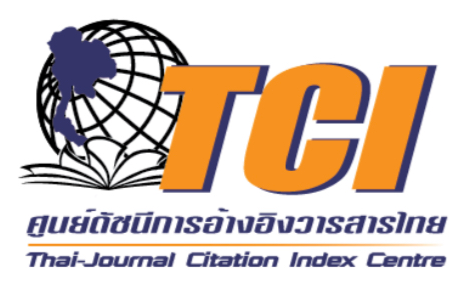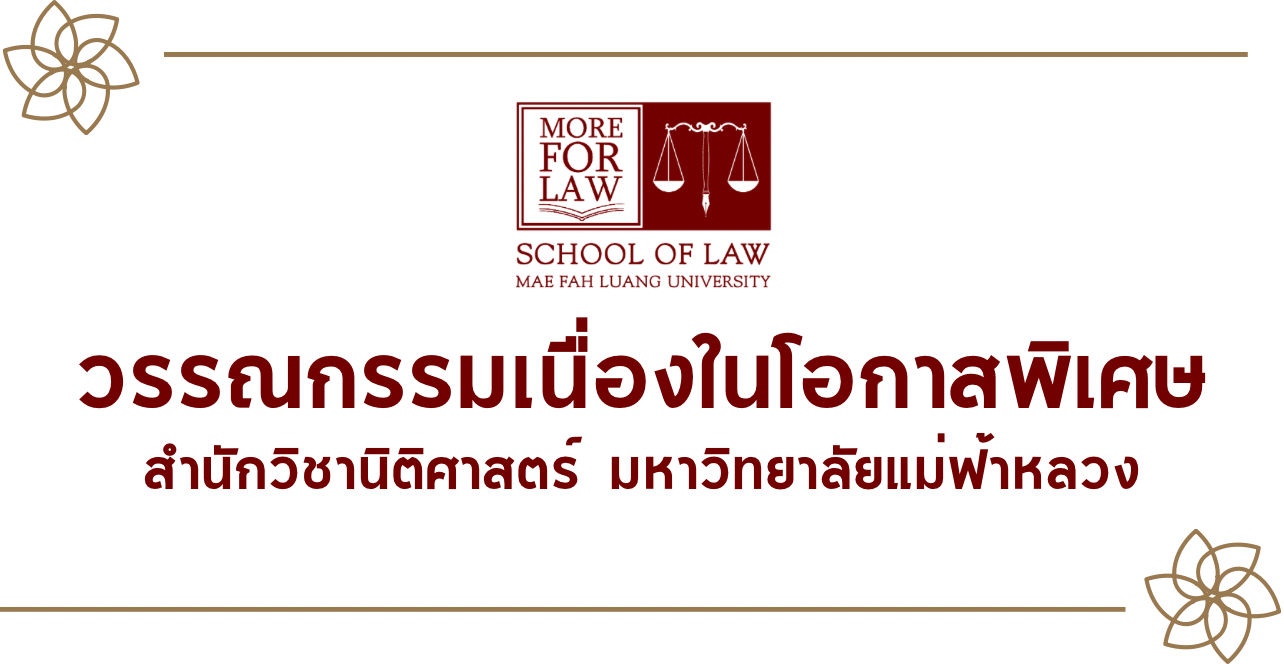Urbanisme : application de la règle du délai raisonnable d’un an aux recours contre des autorisations d’urbanisme (Conseil d’Etat)
DOI:
https://doi.org/10.14456/mfulj.2019.7Keywords:
Urban planning law, Conseil d’Etat, Urban planning authorisationsAbstract
City Planning Law in France is one of the essential laws that affect society and economy because, for example, it controls land use, distinct between city zone, agricultural zone, natural and forest zone, or even controlling any construction in the country.
Town planning and licensing under this French law is placed under the control of the Administrative Court. The Administrative Court has the power to verify the application of the law and also has the power to control administrative act not only for enact the regulations in accordance with the law, but also for the issuance of such individual permits. However, there are some cases related to urban planning which were placed under the criminal jurisdiction such as the punish infringements of the urban planning rules imposed by the Penal Code. Also, there are other cases which are known as civil litigation in urban planning; these cases are under the civil jurisdiction as it is defined by Urban planning code, for an action against a building built in accordance with a building permit. The third person may request the civil court to order the demolition of the building if it does not comply with the city planning laws or servitude for public use. In order to obtain the demolition of the building, it is essential to have obtained, beforehand, the cancellation of the building permit due to the abuse of power in the issuance of such licenses in advance.
Therefore, when a dispute arises, as in the example that the author has raised, The Administrative Court, in this case, must interpret the provisions by considering the principle of legal security and damages incurred to the stakeholders for achieving a maximum justice.
Downloads
Downloads
Published
How to Cite
Issue
Section
License
Copyright (c) 2019 Mae Fah Luang University Law Journal

This work is licensed under a Creative Commons Attribution-NonCommercial-NoDerivatives 4.0 International License.






